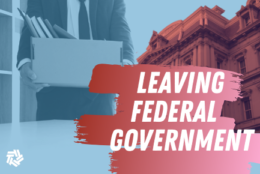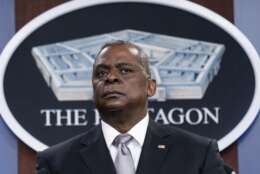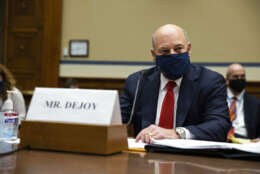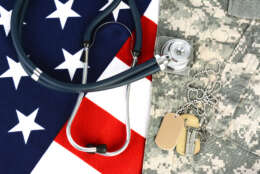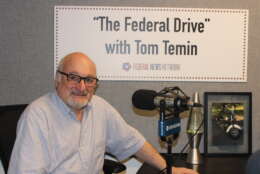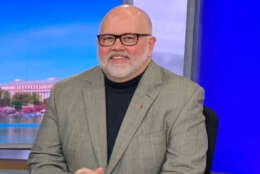Benefits
-
The $1.9 trillion COVID-19 relief package gives federal employees access to a new bank of paid leave, which will allow them to recover from COVID-19 and care for sick family members, or children who are learning virtually from home. President Joe Biden signed the relief bill into law Thursday afternoon.
March 10, 2021 -
Financial planner Arthur Stein says that many feds don’t understand that their TSP retirement nest egg is not really an investment.
March 09, 2021 -
Planning for retirement isn't rocket science, but in some ways it is more challenging because ultimately you'll be riding that rocket however long it takes.
March 03, 2021 -
Defense Secretary Lloyd Austin is telling the military services to stand up new violence prevention workforces, identify "high risk" bases and assess their own compliance with existing policies meant to stop sexual assault.
March 01, 2021 -
When they retire, many federal and postal workers pull their retirement nest egg money out of the Thrift Savings Plan. But is that wise?
February 25, 2021 -
The Postal Service, faced with unacceptable delays delivering mail and packages, is “evaluating all service standards” as part of a 10-year business plan.
February 24, 2021 -
DHA is still not sure how many military treatment facilities will close or how many patients will need to seek outside care.
February 23, 2021 -
Besides being the biggest health care delivery organization in the country, the Veterans Health Administration is also one of the biggest medical research organizations.
February 23, 2021 -
The Department of Veterans Affairs says it's been able to vaccinate its health care workers with relative speed, but reaching the broader veteran population has and will continue to be a challenge.
February 19, 2021 -
The Department of Veterans Affairs has a statutory responsibility to offer networks of health care providers outside of its own system.
February 17, 2021 -
Federal Drive with Tom Temin got the latest from the Executive Director of the National Veterans Legal Services Program, Bart Stichman.
February 17, 2021 -
For how they're faring, Federal Drive with Tom Temin checked in with the Executive Director of the Office of Congressional Workplace Rights, Susan Tsui Grundmann.
February 17, 2021 -
We attempt to meet major challenges with civil service pay and job classification processes driven by a law that is 72 years old, and a hiring process that limits the government’s ability to compete for talent.
February 16, 2021 -
Tests on VA's new system showed more than 500 serious problems as recently as last summer. The department managed to resolve or work around almost all of them by the time of its first deployment in October.
February 16, 2021 -
What do you think you would have done had your crystal ball been working a year ago? Better yet, what will you do the next time?
February 16, 2021



